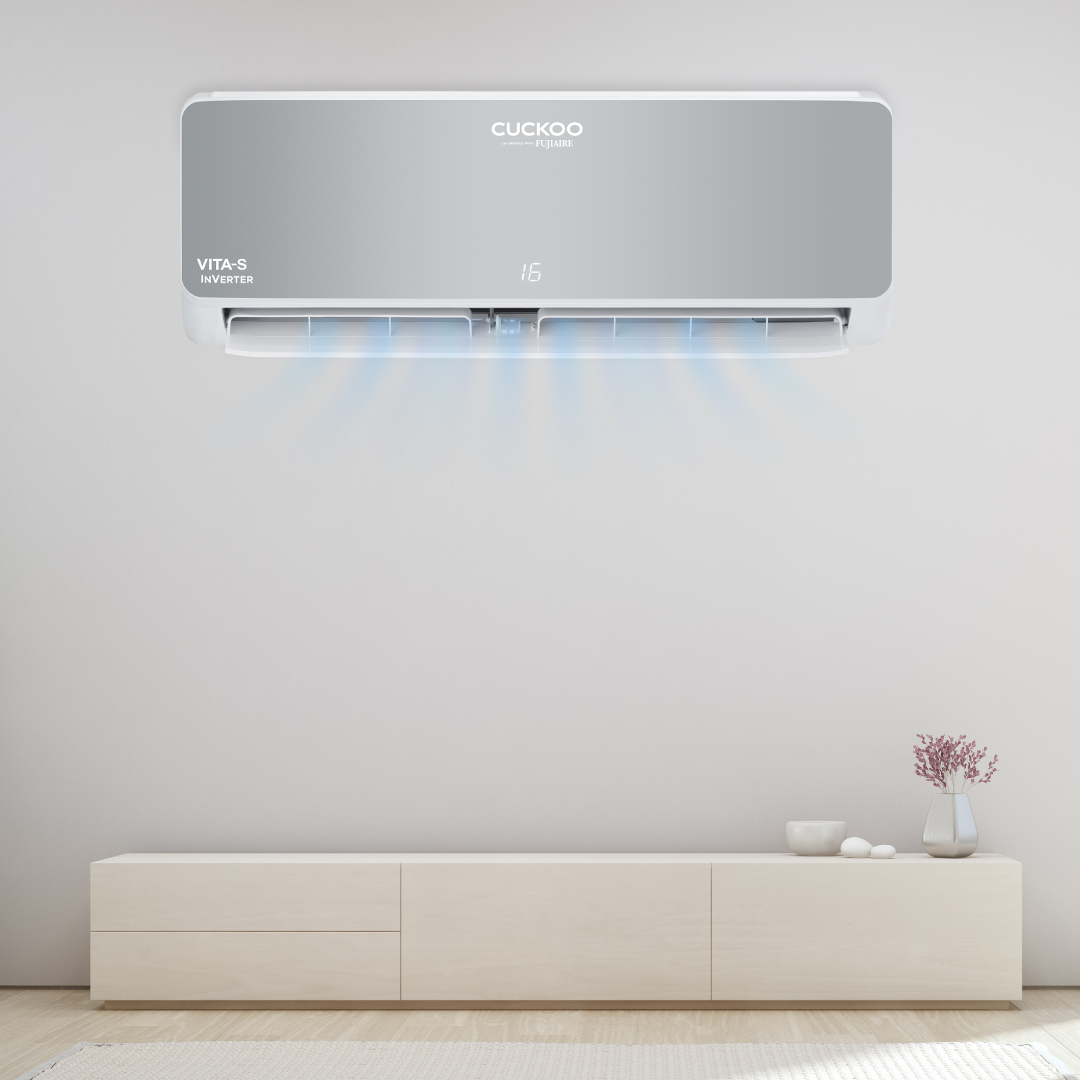Out with the old, in with the new. It’s perfectly normal to change or replace things when they don’t fit or work as well as they used to — this applies to mattresses too. Most people don’t see the need of getting a new mattress despite it being advisable to change one’s mattress after 6 to 8 years. But a mattress, especially a good one, is literally the foundation to getting good sleep, that would inadvertently be good for our overall health. So the question really shouldn’t be why should we get a new mattress, but really, when to replace or buy a new mattress?

WHEN SHOULD I REPLACE MY MATTRESS?

When your mattress sags
or have lumps
One of the telltale signs of a bad mattress is a sagging one, or at least, one with multiple noticeable lumps. A bed would normally be flat and firm to support and relieve our body’s pressure points, so a sagging one would make our sleeping experience quite uncomfortable. Sagging happens when a mattress loses its shape or strength around the coils or memory foam, and has a much harder time supporting heavier body parts like the hips. Another notable red flag is when body indentations are really deep and obvious, and could be seen more if the sleeper is heavier.

When your mattress releases
an unpleasant smell
You know the saying, “don’t let the bed bugs bite”? It’s not just a quirky saying, because beds do tend to be a place where unwanted things like mildew, mold, and fungi gather and build up, particularly in a humid climate, an environment where these things thrive. Unsurprisingly, they carry an unpleasant stench that could ruin a good night’s sleep as it disturbs our astute sense of smell. Of course, this may be preventable or even slowed down through proper mattress maintenance. But if it’s too late for that, it would be easier to get a new mattress altogether.

When your mattress
makes noises
Besides our sense of smell, our sense of hearing is another thing that could determine whether your mattress is still usable or not. One of the factors that determine when it’s time to get a new mattress is when it starts making noises. For mattresses with coils, this is mostly caused by mattress coils that have aged and cannot support weight anymore. You could fix it by just tightening the bolt but it won’t completely fix the issue. Instead of working on short-term solutions, it would be wise to nip this from the root of the issue instead by changing your mattress.

When your mattress causes
skin allergies
Going back to the subject of unhygienic and unwanted contaminants on our beds, merely having an unpleasant smell is your best-case scenario. When mold, mildew, and dust mites invade a mattress, they might exacerbate issues with allergies. Your body will alert you of this through watery eyes, a runny nose, and frequent headaches. Allergies are never fun to deal with, especially when we spend most of our lives on our beds.

When you wake up in pain
or with soreness
If you find yourself waking up with a sore back or neck each morning even though you haven’t exactly been doing anything strenuous, then it may mean that your mattress has gotten too soft, especially around areas that are supposed to cater to and relieve your pressure points on your body. This would definitely disrupt what should have been a restful night of sleep, making you extremely grumpy and limits your capacity of processing the ins and outs of the day emotionally and mentally. Nursing lower back pain shouldn’t exactly be part of your stresses, especially if you’re still young.

When your sleep
situation changes
There are various reasons behind a change in your sleep situation, such as pregnancy, weight loss, weight gain, and/or gaining a new sleeping partner. A shift in your sleeping situation may eventually motivate you to consider getting a new mattress. This applies to individuals with health conditions like arthritis, sciatica, or fibromyalgia that make it harder to move around easily. A good new mattress would make their lives a little better and easier, and a comfortable night’s sleep is the best thing a new mattress could offer that medicine cannot.
In short, it’s important to invest in a quality mattress and replace it according to guidelines. You literally make your bed and lie on it, so it is your responsibility to ensure that your mattress is kept in excellent condition, and oftentimes, a little bit of effort goes a long way. Getting a bed protector or hiring a mattress cleaning service provider would undoubtedly prolong your mattress’s lifespan. Once you’ve decided to invest in taking care of your sleep, do check out the ultimate mattress guide to learn how to select the best mattress for you.



















